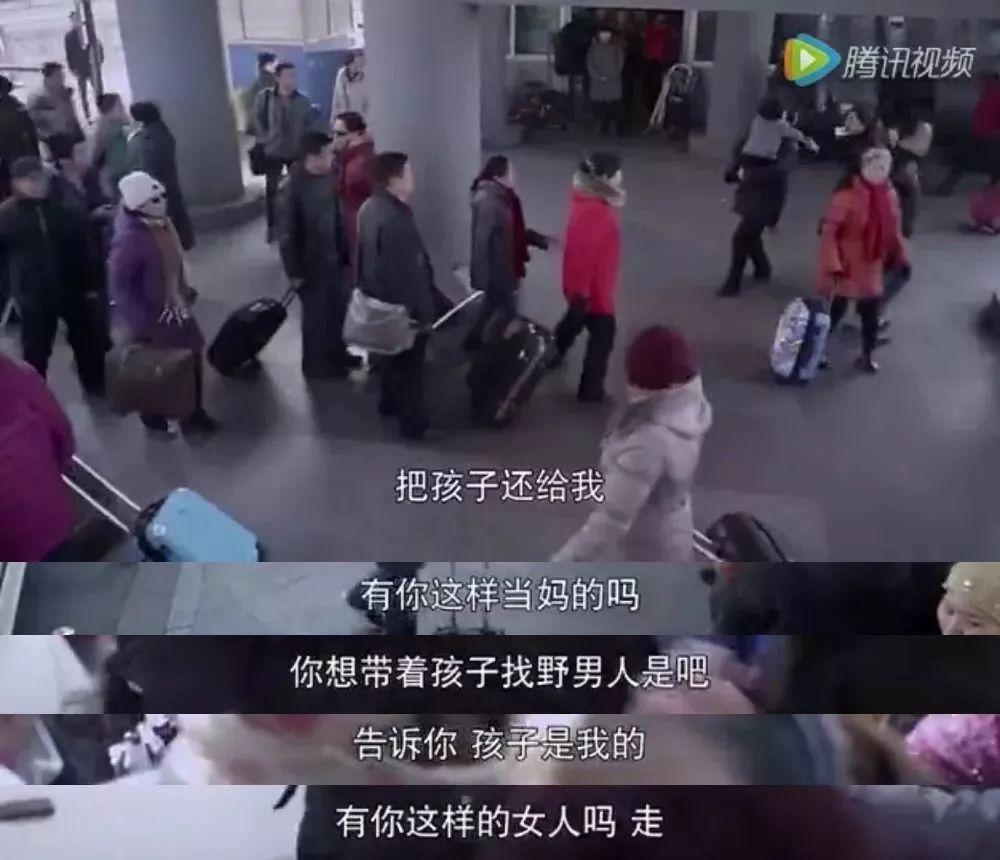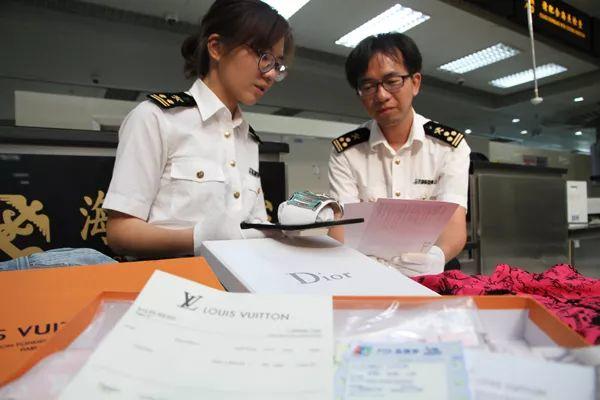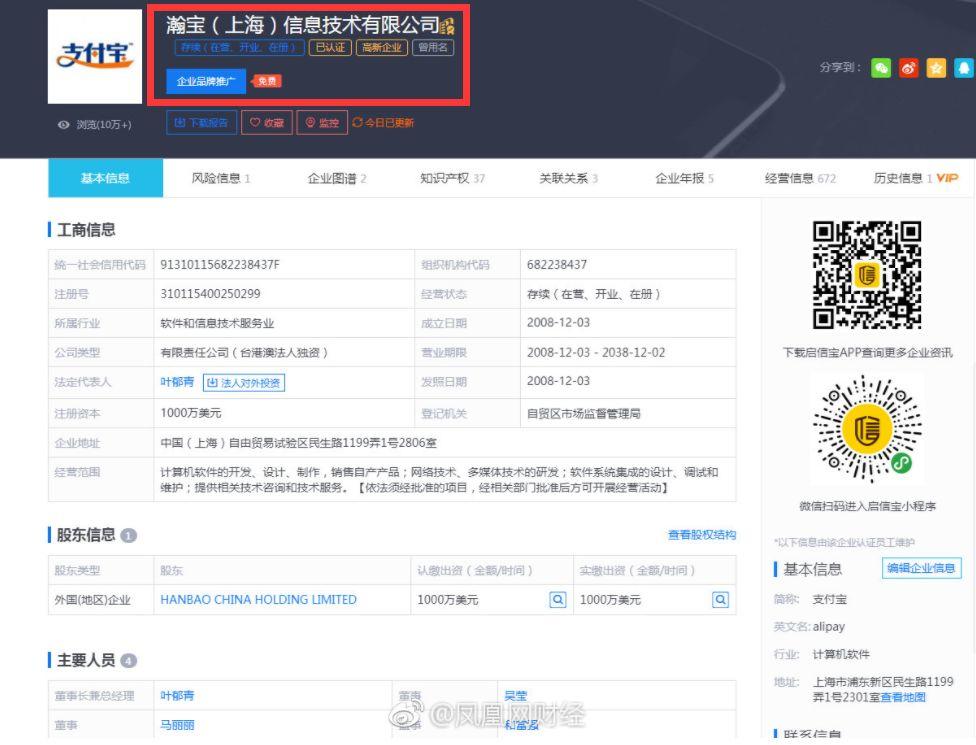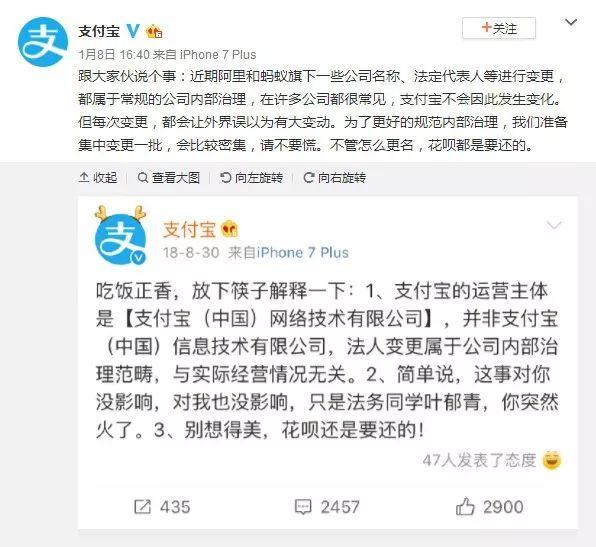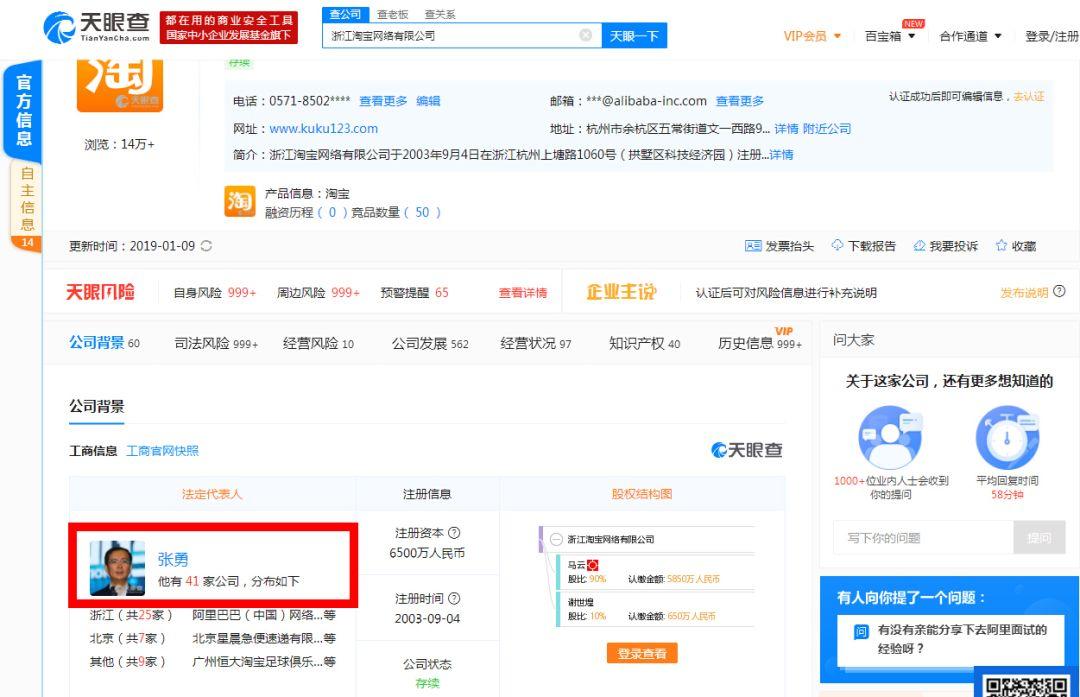On January 1, 2019 the individual income tax (IIT) Law changes came into effect in China. The revisions have an impact on the taxation of expats, thus, posing a question of how China will continue to attract foreigners around the world.
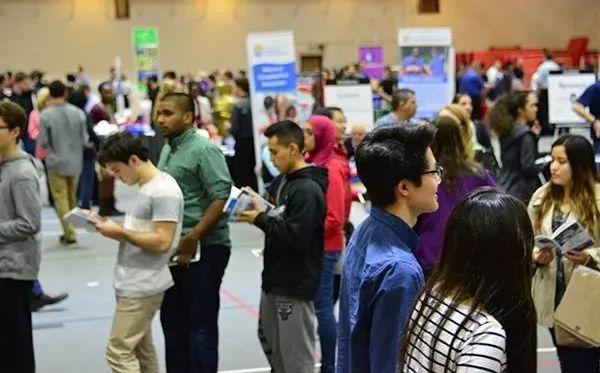
© Image | GOOGLE
Below, we explain the biggest changes and address the main concerns for foreign nationals with the new IIT Law.
More equality
On August 31, 2018 the Standing Committee of the National People’s Congress launched the new IIT Law. The changes are a big step in allowing foreigners who are residents and local taxpayers to enjoy the same tax treatment on a special deductions claim.
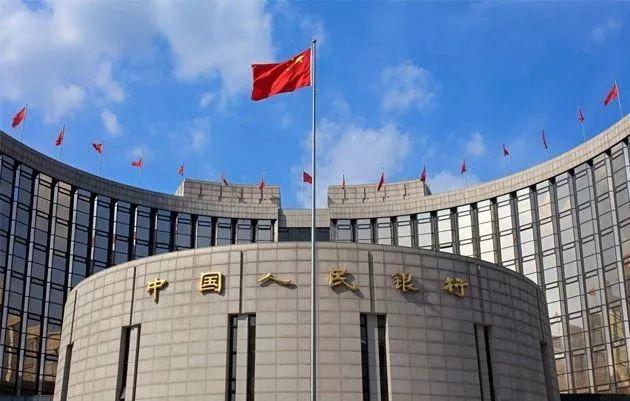
© Image | GOOGLE
In addition, the tax law for foreign individuals now aligns more with international standards. Also, new anti-avoidance rules are applied while the government and third parties, such as banks, are now given a wider legal basis to investigate suspected cases of tax evasion under special circumstances, according to a briefing on the new IIT Law released by PwC on October 30.
 Notice! Have You Received This Message from Bank Recently?
Notice! Have You Received This Message from Bank Recently?

© Image | china-briefing
Last but not least, the new IIT Law further closes the gap between higher-income and lower-income earners, which the legislators hope will boost domestic consumption power, the Chinese news site sohu.com reported on June 20, 2018.
Tax residency
The most prominent change is that expats living in China for more than 183 days a year are now considered a tax resident and have to pay Chinese taxes on their worldwide income, a threshold commonly adopted by many countries, such as:
-
the US,
-
the UK,
-
Australia,
-
France
-
New Zealand.
The new 183-day rule reduces the amount of time one has to spend in China to be considered a tax resident.
 New Rule! Foreigners Can Avoid to Be Chinese Resident Taxpayers!
New Rule! Foreigners Can Avoid to Be Chinese Resident Taxpayers!
However, in practice, most expats will continue to pay taxes only for their income generated in China. The new law replaces the previous “five-year rule” with the “six-year rule.”
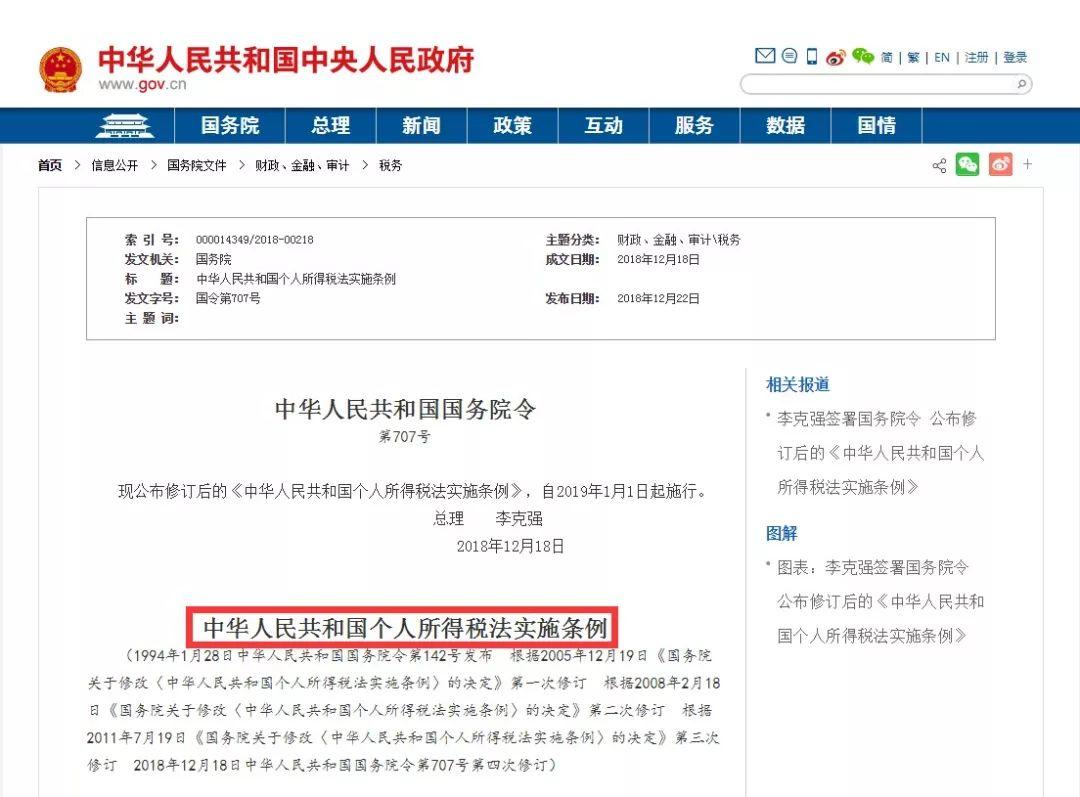
Following the rule, only foreign taxpayers who have resided 183 days or more in China for six consecutive years are subject to IIT on their worldwide income, starting from the seventh year if they continue to stay for 183 days or more.
If they leave China for more than 30 consecutive days during any time of this six-year period and complete the record filing with the tax bureau in charge, they are taxed on China-sourced income only and able to “reset the clock” of the six-year period.
Taxation brackets
Standard monthly deduction from taxable income starts at salaries of 5,000 yuan ($730) for all taxpayers in China under the new law, or 60,000 yuan a year. No taxes have to be paid if monthly income is less than 5,000 yuan. For higher incomes, China keeps their seven-point progressive taxation scale, but broadens tax brackets for employees making up to 35,000 yuan a month.
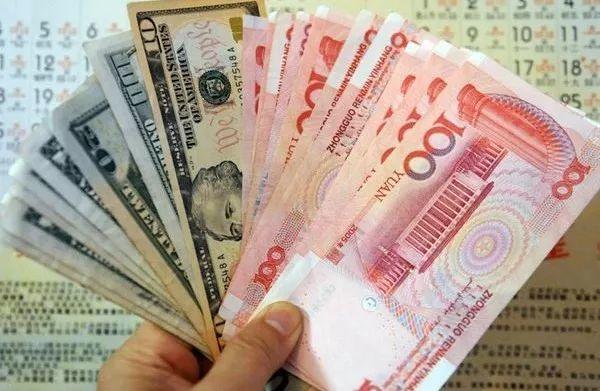
© Image | dfic
This means good news for lower income earners. For example, monthly income between 12,000 and 25,000 yuan is now taxed at the rate of 20 percent instead of 25 percent.
Considering the average monthly salary of expats, however, a majority of them make over 25,000 yuan a month and can therefore be subject to up to a 45 percent taxation rate. What makes this scenario more likely is the new consolidation income that incorporates diverse income sources such as royalties, personal service income and manuscript income into consolidated taxable income instead of falling under the previous flat rate taxation of 20 percent, according to an online article by worldwideerc.org, a trade association for talent management in the mobility industry.
“At 45 percent, China has one of the highest tax rates on upper-income earners,a threshold that makes it harder for the country to become attractive for skilled international talent,” International Investment, a British finance new site reported.
In comparison, Singapore’s highest rate is capped at 22 percent, while Switzerland’s highest personal income tax rate is expected to reach 40 percent by the end of 2019.

© Image | GOOGLE
Before the revision of the new IIT Law, employees could enjoy a preferential IIT calculation method to their annual bonus, according to an online article by China Professionals Consulting, a leading service provider for professionals in China. According to the latest circular, bonuses will count as personal income after a transition period of three years.
Non-taxables and deductibles
At the same time, the new tax code will add new deduction items to all tax residents including expats. Together with the increase of a standard monthly deduction, this new directive will increase the deductible amounts claimed by taxpayers.
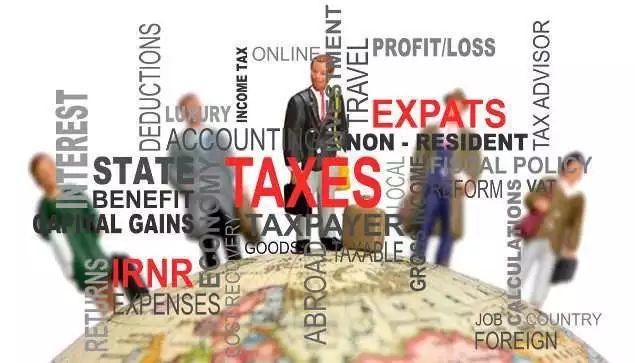
© Image | GOOGLE
Under the previous law, special non-taxable items were available to expats, namely rental, childrens’ education, language training, home leave, moving and relocation expenses, meals and laundry. These items will remain non-taxable during a transition period until 2021, before some of them could be uplifted. In the meantime, expats that are a tax resident could choose to claim the new deduction items instead.
“It’s unsure if they will be replaced by new deductions that apply exclusively to foreign individuals.” Children’s education, rental expense/residential mortgage interest and continuing education will remain deductible under the new scheme.
“For high-income earners, they can enjoy the greatest tax savings on those non-taxable deductions in terms of ‘absolute amount’ as their marginal tax rates are generally high.”
What penalties tax law violators have to face depends on the seriousness of the case and type of tax evasion. It can mean paying 0.05 percent of interest per day on late payments, or up to three times the amount of taxes in serious cases.
‘Not bad news’
In the tax advisor’s opinion, the new IIT Law has brought about new changes to foreign individuals especially on special deduction claims. The law has also tightened tax administration on taxpayers in China, which means foreign individuals should be prepared.

© Image | Globaltimes
Expacts who have to carry financial burdens, such as international schooling for their children should be more attentive to tax law changes and plan ahead to make use of the special deductions available. “China is still an open market for foreign talent,” Sandy Cheung, partner with the consulting firm PwC said.









